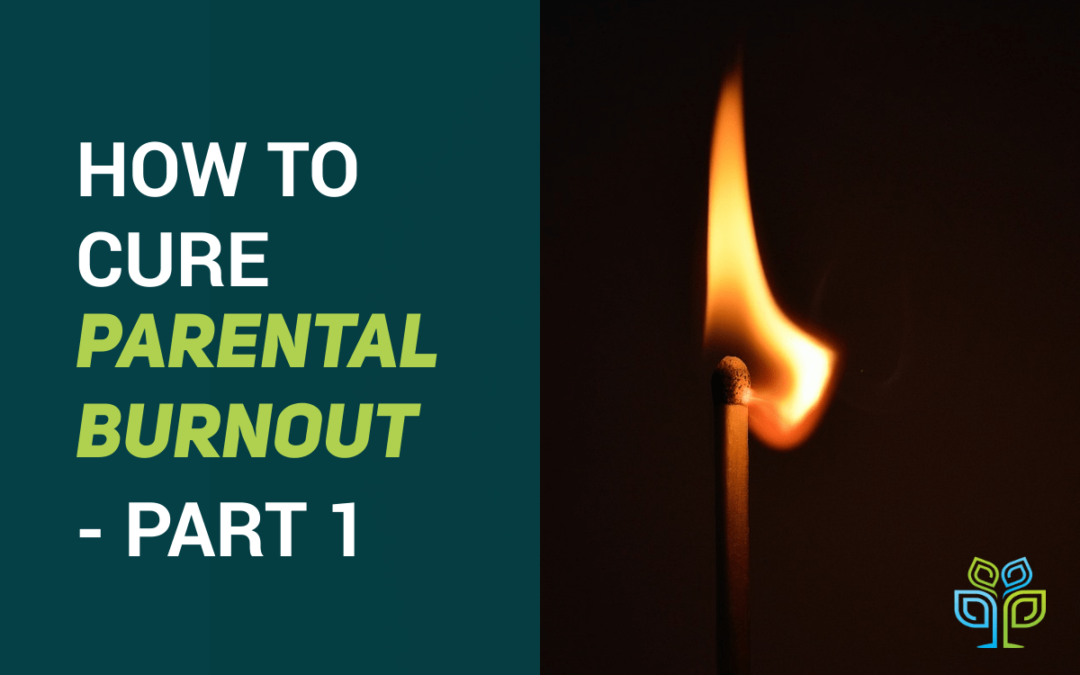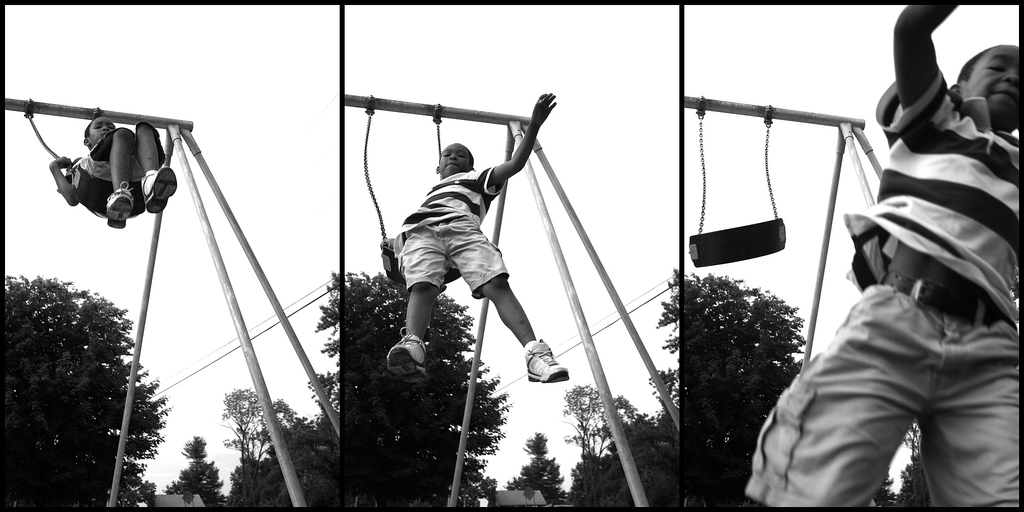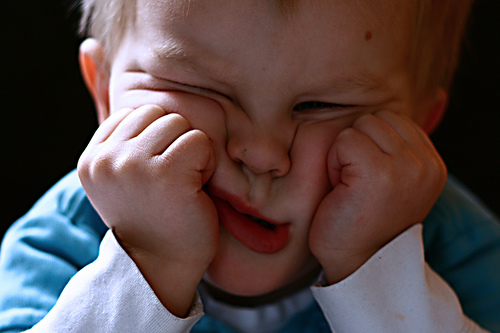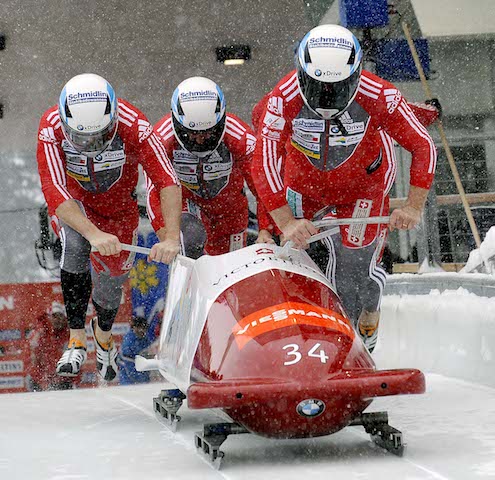Recently, when we asked what topics we should address on the blog, a mom sent us this message,
“Burnout would be really helpful to cover. I'm a parent coach (in training), grad student, mom, and I work 3 part-time jobs and I've definitely hit the burnout wall. Send help! LOL”.
This resonated with us too because a few weeks ago Jason and I were both on the verge of parenting burnout ourselves. Our kids were both deeply struggling with medical and emotional issues. I felt like “fight or flight” had turned into my new normal.
A recent survey, by researchers with Ohio State University, showed that we were not alone.
Their survey suggests that 66 percent of working parents met the criteria for parental burnout — a nonclinical term that basically means they were so physically and mentally depleted that they felt like bad parents or they emotionally pulled away from their children.
At our personal low point, Jason and I took the survey– “The Parental Burnout Test”–published by the New York Times last month. My parental burnout level was “Moderate”; Jason’s was “Severe”.
Since then thankfully in the past week, things have shifted in our family. I am hopeful again, I’m sleeping better, and our kids are bouncing back.
But we know that parental burnout is happening for a lot of us.
So, this week–and next–on the blog we will share some strategies for managing parental burnout, based on brain and happiness research.
The Cure for Parental Burnout
Have fun with your kids
I know what you’re thinking… that having fun with your kids will take even more energy, and you are already energy depleted. And you’re right. I believe it does take more effort initially to get into a playful mood, however, once you shift your parenting into playing–even if it’s just for 5-minutes–and your kids start having fun too, the benefits of play will quickly emerge.
Play is creative, life-giving, energy-generating, novel, and connecting. Play is something that only humans and other intelligent animals engage in.
When I’m emotionally exhausted and can’t think of anything playful to do with my kids, I try to think of something unexpected to shift the energy. When our kids were young that usually meant singing a song, using a different voice or an accent, putting on a part of a costume–a wig, or fake glasses (or even wearing underwear on my head), or starting a game (even a silly one like arm wrestling or being overly dramatic about something the child wants to do, saying “Oh no, I hate the Mary Poppins soundtrack! Please don’t play that song again, pick anything but that song!)
Ask for help and accept the help that is offered
I’m often quite bad at asking for help. And I’m even worse at accepting help that is offered. We’ve all gotten so isolated in our modern culture, even before the pandemic, that many of us feel alone. But here’s the thing…
Parenting was never meant to be done alone. Until recently, in most of human history parenting was done collectively in groups of 50 or so, where the adults, and even the older kids, were around to help.
If it still feels weird to ask someone for help maybe this will help. When we help others it increases the “feel good” chemicals in our brains. When you ask another for help it gives them a chance to increase their brain chemistry (not asking for help deprives them of a chance to feel good). Don’t deprive people around you from feeling good because you’re afraid to ask for help.
Besides, if you don’t ask for help, people can’t say “yes”!
Do one thing at a time
The research on happiness suggests that multi-tasking doesn’t feel good, and even a task that we dislike becomes more enjoyable if we can focus on it without getting distracted.
It can be especially hard to focus on one thing when you’re parenting because we feel overwhelmed and there’s just sooo much to do. Parents try multitasking all the time. I’ve tried to breastfeed and work at the same time. I’ve tried to make dinner while helping my kids with their homework. I’ve tried to clean the house while entertaining the wild toddler.
If we believe the research, multitasking is also less efficient, even though we feel we are being more efficient. So as counterintuitive as this sounds, to do one thing at a time, “uni-tasking” is part of the solution to parental burnout.
Have a plan to reset yourself
When we feel burned out, our fight or flight response kicks in, the blood flows to our limbs and away from our brain, our vision narrows, and we get more rigid and less creative. At exactly the time when we could use a little more relaxation and a bigger perspective, our physiology is doing the opposite–we tense, our breathing gets short and shallow, our heart rate speeds up, and we get ready for a fight.
So how can you work with your physiology to reset yourself? Becoming more flexible? Seeing a bigger picture? And chilling the heck out?
One way to help us calm is to tap into our sensory systems. Here is a worksheet that you can use to create a plan to calm yourself (and even each member of your family) to use your physiology and the wisdom of your body to calm and reset yourself.
Thanks for reading. In the comments below share which of these 4 tips will be the most helpful for you in the next week.
Check out Part 2 of The Cure for Parental Burnout here.
And here is the link if you want to take The Parental Burnout Test published in the New York Times in June 2022.
If, after reading the blog today, you’re interested in stuff like this WITH me… here’s how you join the Village.
You and I can personally talk in there if you’re struggling to figure out how to talk to your child.









